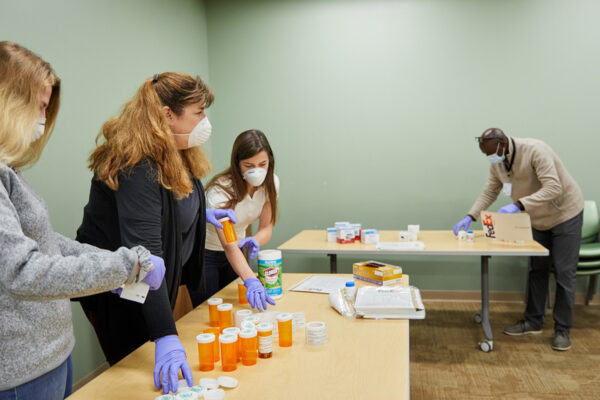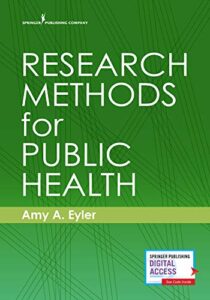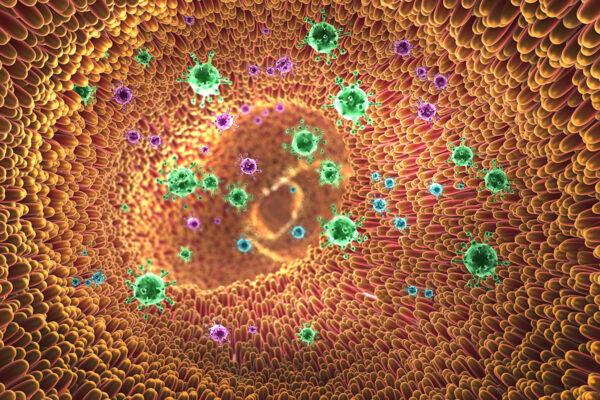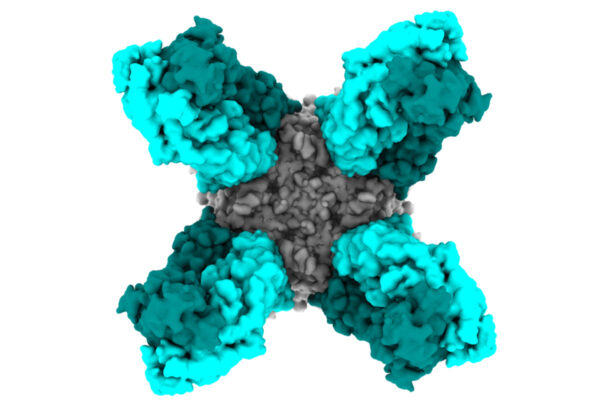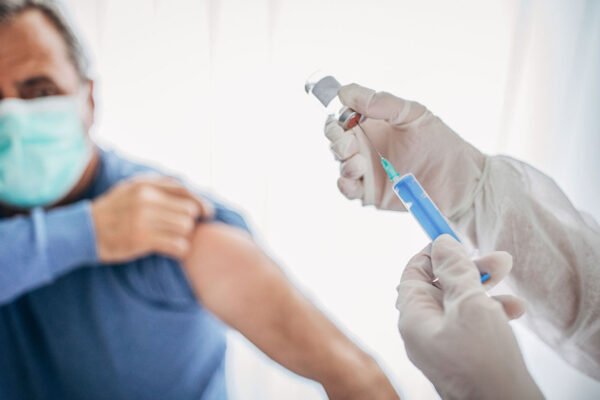Fluvoxamine may prevent serious illness in COVID-19 patients
Researchers at Washington University School of Medicine have found that the drug fluvoxamine may help prevent deterioration in COVID-19 patients, making hospitalization less likely.
Sustainable sanitation
Alumnus Ani Vallabhaneni is co-founder of Sanergy, an organization employing systems-based solutions to solve urban sanitation challenges — and transforming lives in the process.
Research Methods for Public Health
This book presents information on research methods in a way that is complementary to other public health coursework. Epidemiology digs deep into specific methods for identifying distribution and determinants of health issues. An understanding of basic research methods serves as a foundation for mastery of epidemiology. Biostatistics is another component of public health preparation. The […]
Role of gut viruses in inflammatory bowel disease is focus of $8.5 million grant
School of Medicine researchers have received an $8.5 million grant to study the role of gut viruses in inflammatory bowel disease. Tools developed in the course of the project could accelerate research into other roles of the virome in health and disease.
At the bedside
Han Li, MD ’15, shares what it was likes to treat COVID-19 patients during the early days of the pandemic.
Inequity and the path to change
Vetta Thompson, the E. Desmond Lee Professor of Racial and Ethnic Studies at the Brown School, discusses how partnership and sustained community efforts are key components in addressing the racism that contributes to disparities in disease, including COVID-19.
Nobel awarded to Charles Rice for hepatitis C discoveries at School of Medicine
The 2020 Nobel Prize in Physiology or Medicine was awarded Oct. 5 to three scientists for groundbreaking research that led to the discovery of the hepatitis C virus. One of those scientists — virologist Charles M. Rice — conducted his seminal work while on the faculty of Washington University School of Medicine.
Antibodies protect against wide range of influenza B virus strains
Researchers have identified two antibodies that protect mice against lethal infections of influenza B virus. Together with an antibody that targets influenza A, the antibodies potentially could contribute to a drug to treat almost all flu cases.
Imaging agent developed at Washington University spotlights inflammation
School of Medicine scientists have created a PET imaging agent that detects signs of inflammation. Such a tracer could aid diagnosis and study of diseases ranging from cardiovascular disease to cancer to COVID-19.
Global trial to test whether MMR vaccine protects front-line health-care workers against COVID-19
Washington University School of Medicine in St. Louis is the clinical coordinating center for an international trial aimed at evaluating on a large scale whether the MMR vaccine can protect front-line health-care workers against COVID-19.
Older Stories
